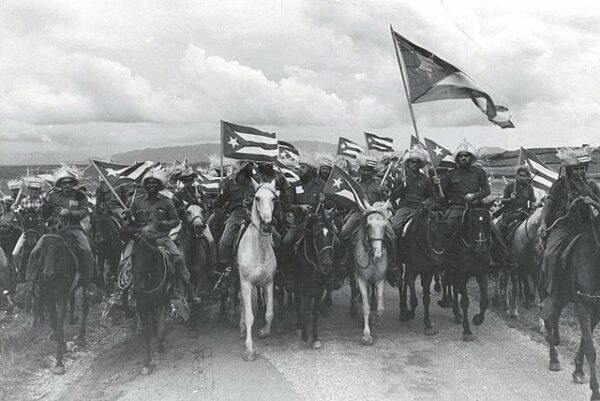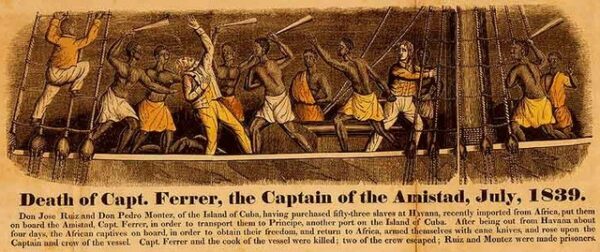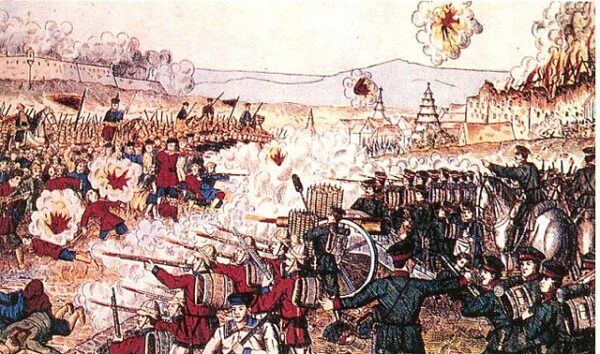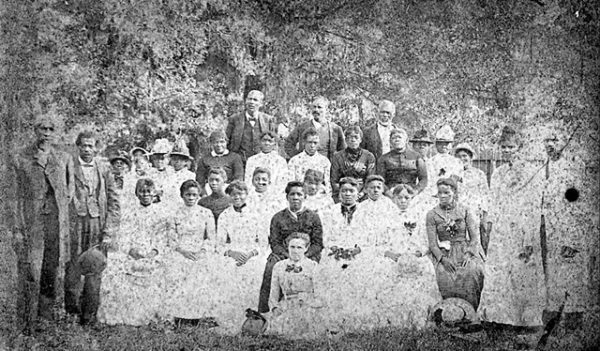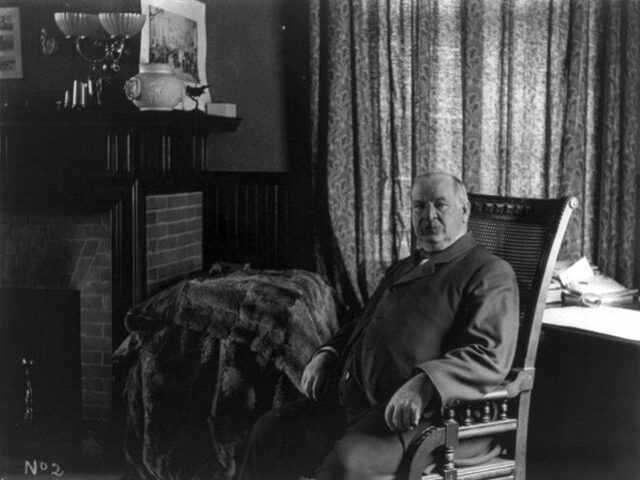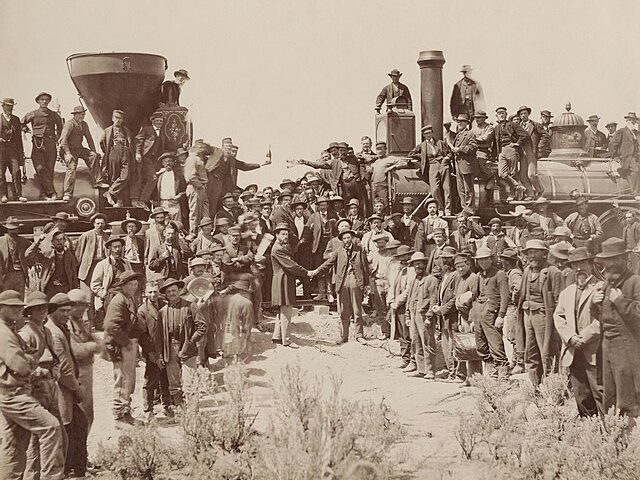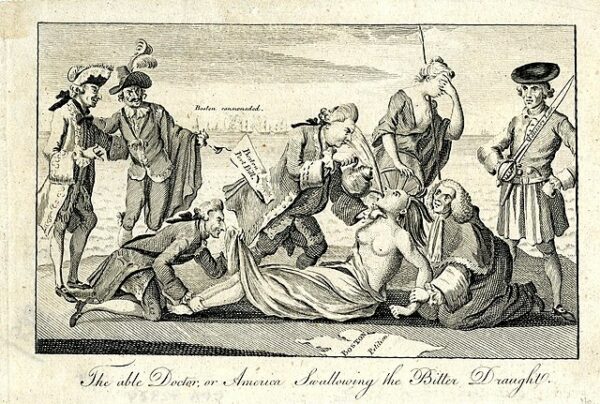On July 26, 1953, Fidel Castro launched the attack that marked the start of the Cuban revolution and reshaped the power structure of the Western Hemisphere. The July 26 Movement was named after the attack on the Moncada Barracks on that date in Santiago…
Read MoreThe Northwest Ordinance, adopted on July 13, 1787, established a government for the Northwest Territory, outlined state admission process, ensured equality with the original thirteen states, protected civil liberties, and banned slavery in new territories. The Ordinance would play a major role in the…
Read MoreOn July 12, 1862, during the heart of the Civil War, Congress authorized the Medal of Honor for the United States Army a few months following its initial creation for outstanding acts of bravery and heroism among sailors in the Navy by President Lincoln.…
Read MoreOn July 2, 1839, over 50 captives on a slave ship named La Amistad threw off their chains and seized control of the ship. Led by Joseph Cinqué, the Africans killed the ship’s captain and another crew member, demanding to be returned to Mendiland (now Sierra Leone).…
Read MoreOn June 26, 1945, the world came together to create the United Nations, marking a pivotal moment in international diplomacy. In the auditorium of the Herbst Theater in San Francisco, delegates from 50 nations gathered together in hopes of creating an organization that would…
Read MoreThe Boxer Rebellion, also known as the Yihetuan Movement, was an anti-foreign, anti-colonial uprising in China between 1899 and 1901. This tumultuous period was marked by intense anti-imperialist sentiments among the Chinese population, which culminated in violent clashes and significant international intervention. The rebellion…
Read MoreJuneteenth, also known as Freedom Day or Emancipation Day, commemorates the emancipation of enslaved African Americans in the United States. The first Juneteenth was celebrated on June 19, 1865, marking a pivotal moment in American history and symbolizing the end of slavery in the…
Read MoreOn June 13, 1893, the president of the United States learned he would have to disappear for a few days. Shortly into his second term in The White House, Grover Cleveland noticed a rough spot on the roof of his mouth. After consulting the…
Read MoreOn June 4, 1876, The Transcontinental Express, also called “The Lightning Express,” made history and it puttered into San Francisco a mere 83 hours or so after it had left New York City. “That any human being could travel across the entire nation in less than four…
Read MoreOn June 2, 1774, the British Parliament passed a series of stringent measures known as the Intolerable Acts, also called the Coercive Acts, aimed at quelling growing unrest in the American colonies, particularly Massachusetts. This decisive action followed the infamous Boston Tea Party of…
Read More

